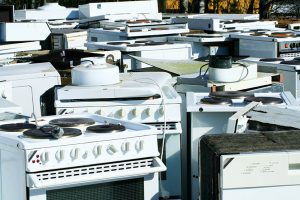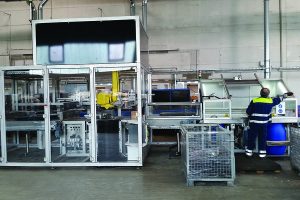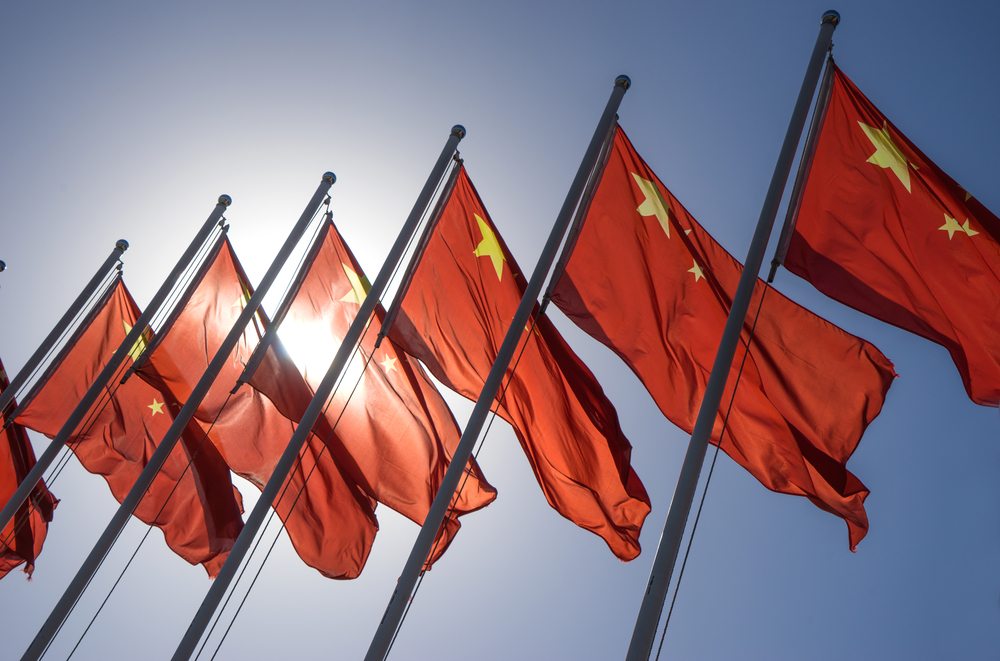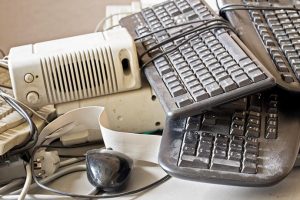 Providing less than a day of warning, China began imposing a 25 percent tariff on recovered aluminum shipments from the U.S. this week.
Providing less than a day of warning, China began imposing a 25 percent tariff on recovered aluminum shipments from the U.S. this week.

 Providing less than a day of warning, China began imposing a 25 percent tariff on recovered aluminum shipments from the U.S. this week.
Providing less than a day of warning, China began imposing a 25 percent tariff on recovered aluminum shipments from the U.S. this week.
 The Indian government has released rules intended to bolster an organized system of e-scrap processing by gradually increasing collection requirements for manufacturers.
The Indian government has released rules intended to bolster an organized system of e-scrap processing by gradually increasing collection requirements for manufacturers.
E-Scrap News has now published responses from five of the six companies named in Basel Action Network’s latest export report (“The Scam Recycling Continues”). In their statements, those companies have made some assertions that warrant a response. In addition, one of the company responses noted a geographic error in the recent report, and we wish to publicly correct that fact. The inaccuracy, while regrettable, has no bearing on the findings of export in the report. Continue Reading
 A large-scale, high-tech e-scrap recycling facility in Hong Kong will hold an official opening ceremony next week.
A large-scale, high-tech e-scrap recycling facility in Hong Kong will hold an official opening ceremony next week.
 A Singapore leader says the small Southeast Asian country will implement extended producer responsibility for electronics by 2021.
A Singapore leader says the small Southeast Asian country will implement extended producer responsibility for electronics by 2021.
 In the past six months, e-scrap prices in China has bounced back strongly.
In the past six months, e-scrap prices in China has bounced back strongly.

Credit: donvictorio/Shutterstock
An e-scrap processor is refuting allegations by Basel Action Network that the company shipped a broken monitor to Asia.

Credit: Jordan Adkins/Shutterstock
Organized criminals have laundered scrap electronics through North Korea before they were shipped to China for recycling, according to a news report.

Credit: lightrain/Shutterstock
Four e-scrap companies have issued statements after being tagged by the Basel Action Network for allegedly exporting scrap printers and LCD monitors.

With the value of e-plastics plummeting and a major export market crumbling, North American firms are scrambling to identify ways to manage the material.
